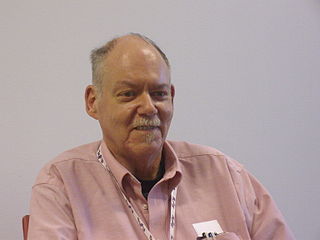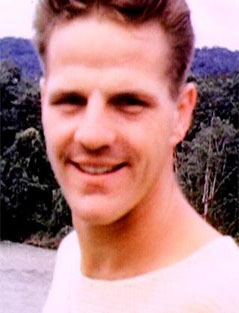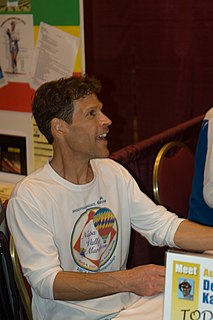A Quote by Muriel Spark
I often wonder if we were all characters in one of God's dreams.
Related Quotes
Pictures! Pictures! Pictures! Often, before I learned, did I wonder whence came the multitudes of pictures that thronged my dreams; for they were pictures the like of which I had never seen in real wake-a-day life. They tormented my childhood, making of my dreams a procession of nightmares and a little later convincing me that I was different from my kind, a creature unnatural and accursed.
Israel is imperfect, of course it is - a far cry from the monumental dreams of the founding fathers. One of the reasons is that their dreams were unrealistic. They were bigger than life. These were messianic dreams, dreams about total redemption for the Jews, for the world. Such dreams do not come true, not in their entirety.
Israel is a fulfillment, and as a fulfillment, it is flawed. Dreams fulfilled are imperfect. And, Israel is imperfect, of course it is - a far cry from the monumental dreams of the founding fathers. One of the reasons is that their dreams were unrealistic. They were bigger than life. These were messianic dreams, dreams about total redemption for the Jews, for the world. Such dreams do not come true, not in their entirety.
We talk about characters in literature as though they were built on the model of the real person, but then I often think that the way we present ourselves as real people is based heavily on the way literary psychologies are stylized, and I wonder how the two forms of realistic personhood feed on or fulfill each other.
How often do we use other people as screens upon which to project our obsessions? Our discontents, dreams, desires, and fears? Well, I always thought, often enough that its a wonder the whole waking world isn't simply viewed as an endless improvised film. One with as many screenwriters, producers, and directors as there are actors
No wonder male religious leaders so often say that humans were born in sin—because we were born to female creatures. Only by obeying the rules of the patriarchy can we be reborn through men. No wonder priests and ministers in skirts sprinkle imitation birth fluid over our heads, give us new names, and promise rebirth into everlasting life.
Most dreams die a slow death. They're conceived in a moment of passion, with the prospect of endless possibility, but often languish and are not pursued with the same heartfelt intensity as when first born. Slowly, subtly, a dream becomes elusive and ephemeral. People who've lost their own dreams become pessimists and cynics. They feel like the time and devotion spent on chasing their dreams were wasted. The emotional scars last forever.
For centuries, dreams have been used to communicate instruction and direction to people of purpose - great men and women. God used dreams to prepare Joseph for his future as a leader of nations. He gave battle plans to Gideon in a dream. Joan of Arc, Jacob, George Washington, Marie Curie, and the apostle Paul were all guided by their dreams.
When writers are self-conscious about themselves as writers they often keep a great distance from their characters, sounding as if they were writing encyclopedia entries instead of stories. Their hesitancy about physical and psychological intimacy can be a barrier to vital fiction. Conversely, a narration that makes readers hear the characters' heavy breathing and smell their emotional anguish diminishes distance. Readers feel so close to the characters that, for those magical moments, they become those characters.






































